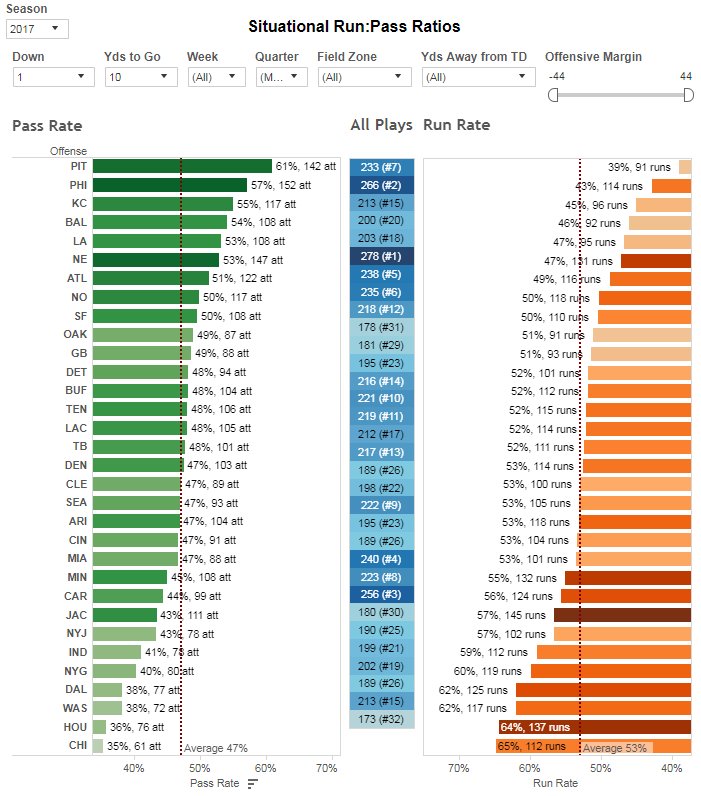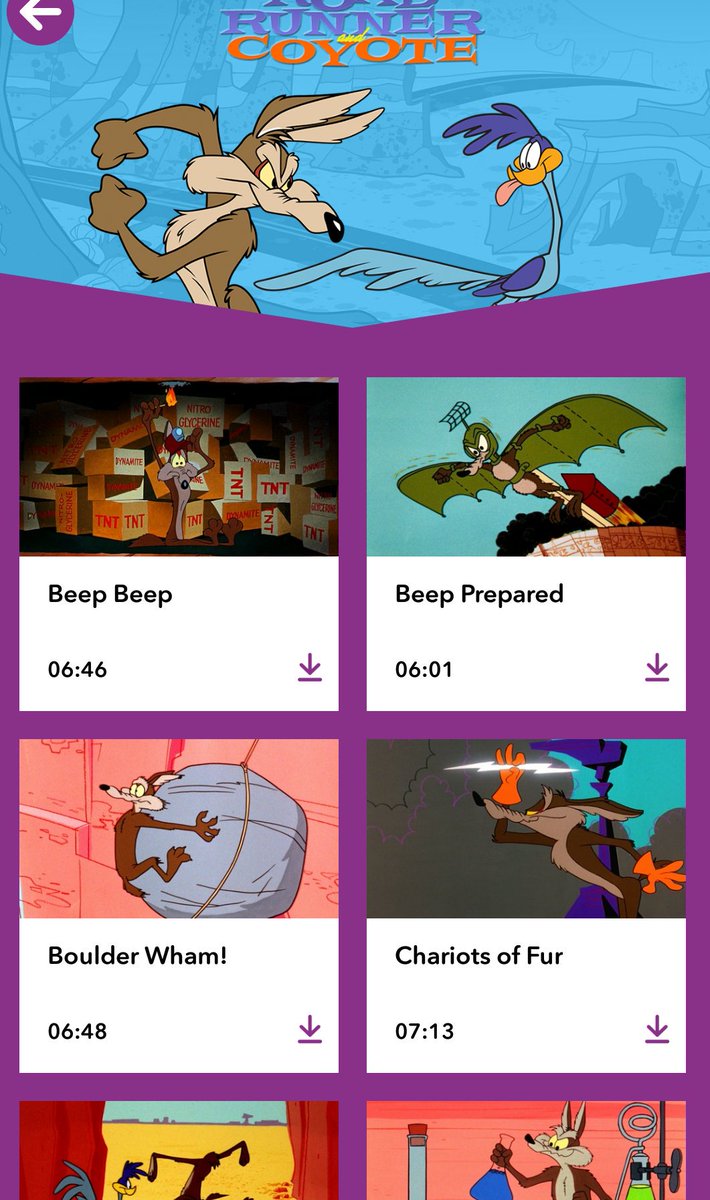#ACEFlagship
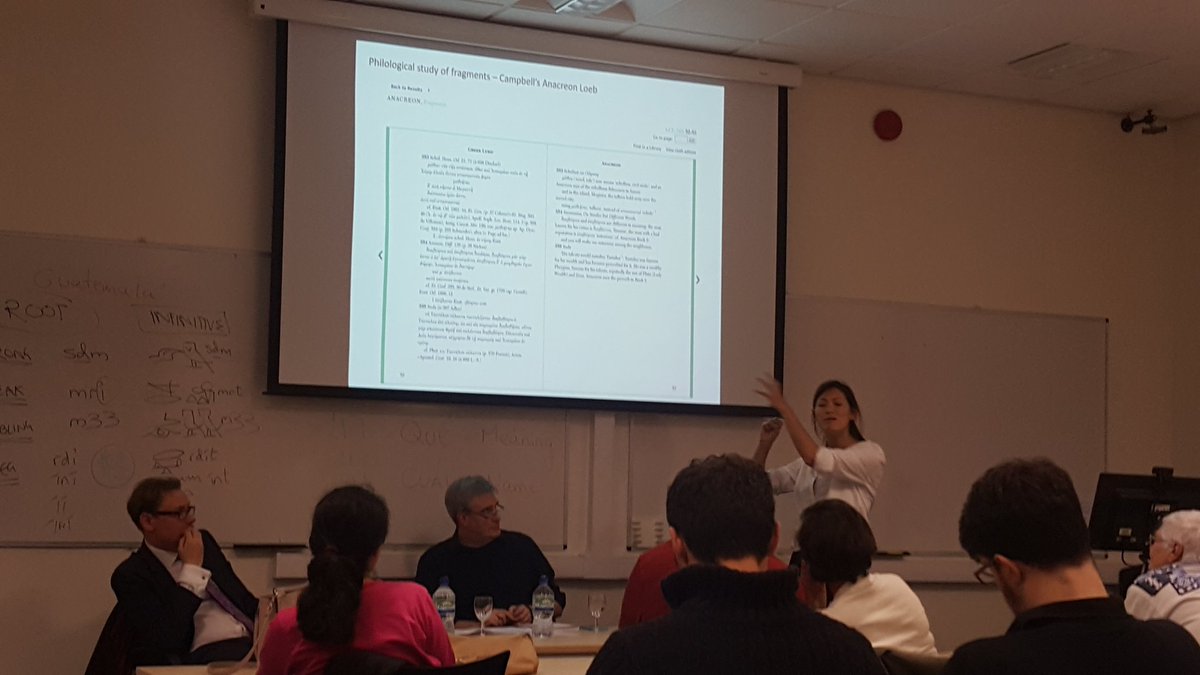
@nmacsweeney takes us into theories of fragmentation!
#ACEFlagship
(The chocolate orange has been eaten, thus spoiling the analogy somewhat...)
#ACEFlagship
#ACEFlagship
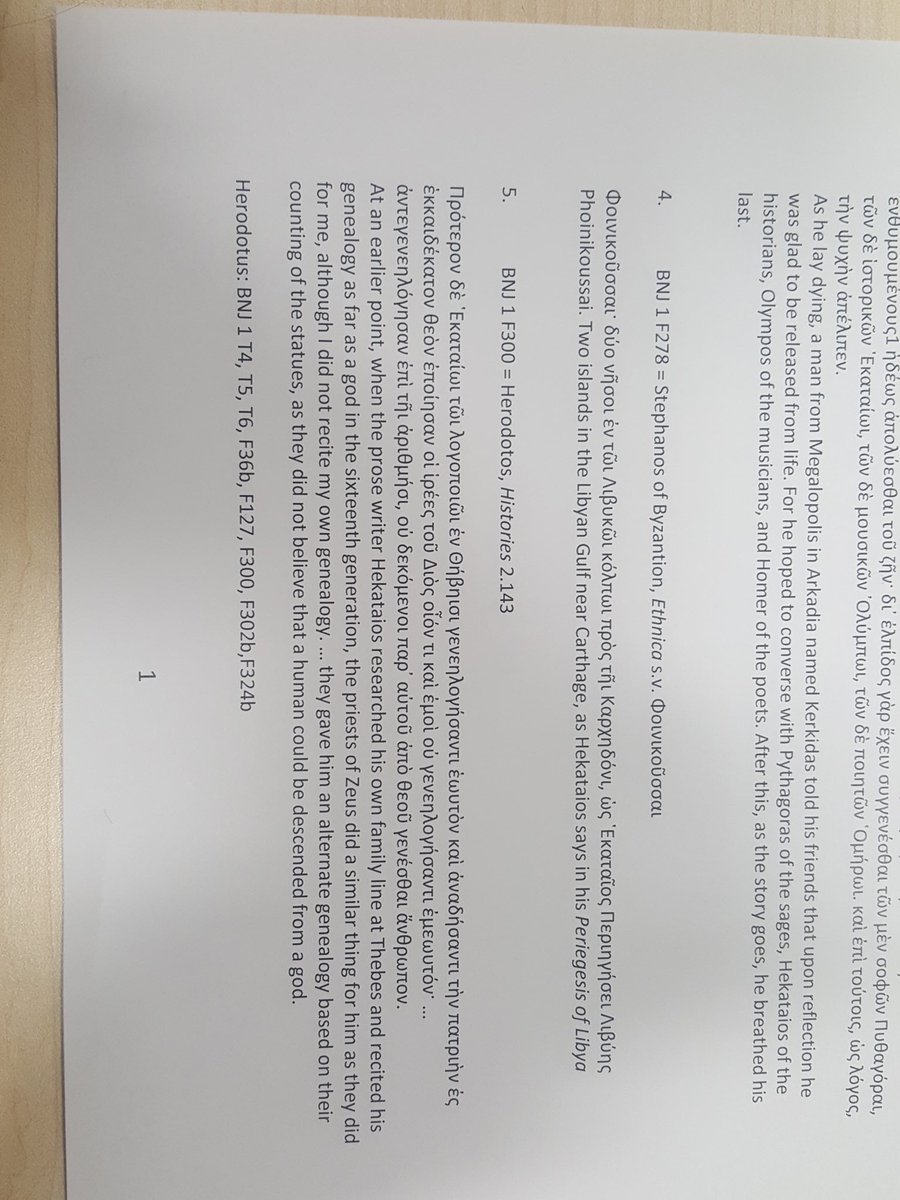
#ACEFlagship
#ACEFlagship
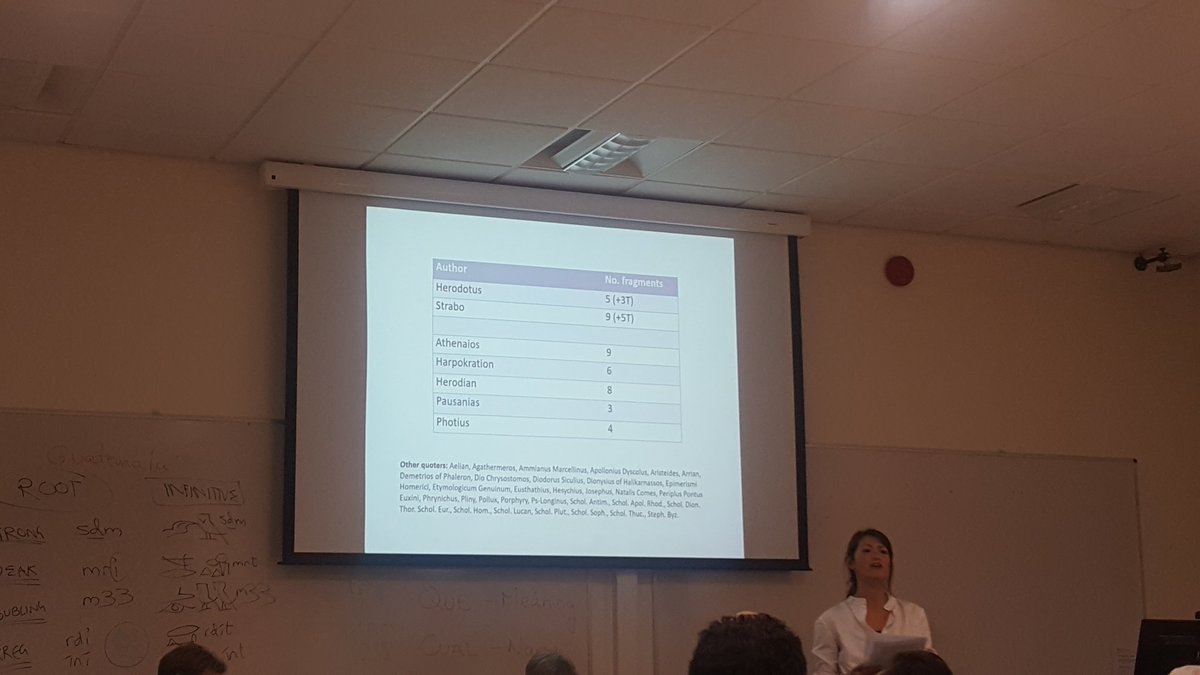
#ACEFlagship
#ACEFlagship
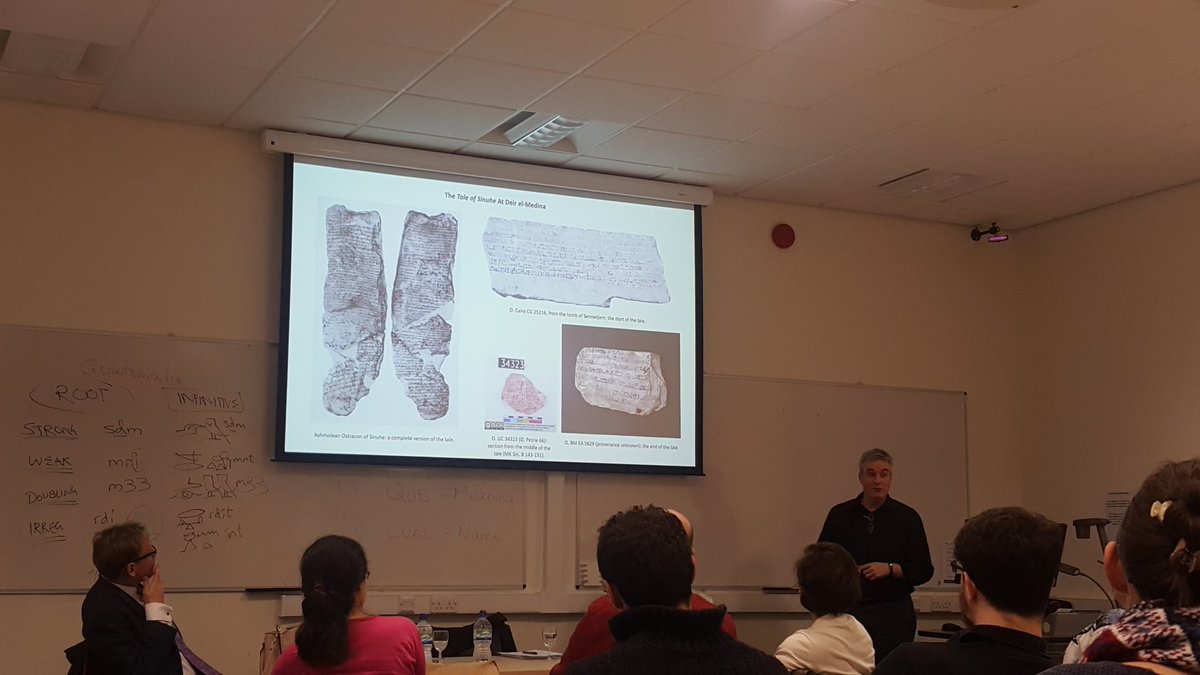
#ACEFlagship
#ACEFlagship
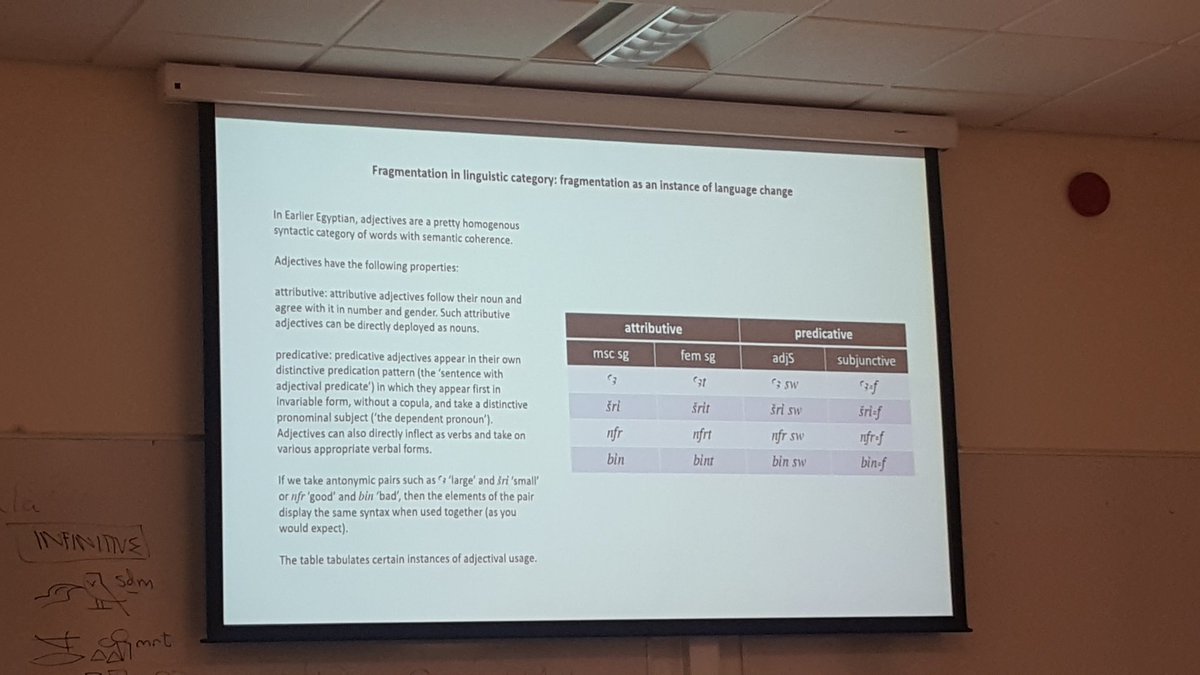
#ACEFlagship
#ACEFlagship
#ACEFlagship
#ACEFlagship
#ACEFlagship
#ACEFlagship
#ACEFlagship
#ACEFlagship
#ACEFlagship
#ACEFlagship
#ACEFlagship
#ACEFlagship
#ACEFlagship
@nmacsweeney: I would be delighted by this! 😁
#ACEFlagship
(With reference to the fampus chocolate orange). Textual data can seem to exist in an 'imaginary' space... are we less confident about what we think we know?
#ACEFlagship
#ACEFlagship
#ACEFlagship
#ACEFlagship





